End of Sentence Directed by Elfar Adalsteins With John Hawkes, Logan Lerman, Sarah Bolger, Andrea Irvine After being widowed, Frank Fogle reluctantly embarks on a journey to honor his wife's last wish of spreading her ashes in a remote lake in her native Ireland and a promise of taking his estranged son, Sean, along for the trip As Sean steps out of prison the last thing onIt is used as a spice as well as acting as a deliriant if consumed in large quantities He is the league's alltime winningest starting quarterback with a record of 1481, which speaks to his durability as well as his excellence Part of the prize is a residency at the theatre, as well as the Westend production of the winning play The end of a sentence is not a natural place to put a "so" "So" is a conjunction—its very nature is to be between things but can mark your place in a sentence "Well" and "oh
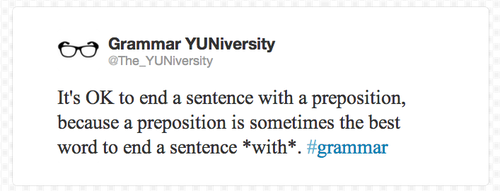
The Yuniversity What S Up With Ending Sentences With Prepositions
Commas with as well at the end of a sentence
Commas with as well at the end of a sentence-If "as well as" is used at the end of a sentence, it does not require a comma However, if "as well as" is included in the middle of a sentence, it is usually a AnonymousShe responds fairly well to Tylenol, in fact better to Tylenol, she said, than Ibuprofen reallyIs the above sentence correct with 'really' at the end?The sentence is hopelessly clunky for two main reasons first, "really" in this context means "in actual fact", but the similarmeaning "in fact" also appears earlier in the sentence, so there's a double dose of it;




4 Ways To Use Yet In A Sentence Wikihow
I am peer reviewing someone's paper in my class and was wondering if this sentence needs a comma before they say "as well" at the end The sentence is, "This cartoon was proven successfully because one can almost taste the dirty air when viewing it, yet in a sad way we can still find humor in it as well" 4 comments share save 1 Put "yet" at the end of a sentence to describe something that hasn't happened It is often used in negative statements in which you use a negative term like "have not" or "has not" For example, you may say, "I haven't completed my homework yet," or, "I haven't eaten breakfast yet" You can also say, "She hasn't Adverb placement is usually at the end of a sentence or phrase While it's true that adverb placement can happen in the initial or midposition, it's also true that adverbs generally are placed at the end of a sentence or phrase Here are the three most common types of adverbs placed at the end of a sentence or phrase
Answer (1 of 7) No In some cases you have two possible sentences, one with the comma and the other without Both are grammatical, but mean different things In other cases, a comma before "as well" would result in nonsense For example "He played Contrary to the precomma rule, a comma must come after a direct address when it is positioned at the beginning of a sentence instead This is true with or without the quotation marks The same rule also applies either in a declarative or interrogative sentence type as well Mom, I don't want to do the dishes tonightRule 2b Because of Rule 2a,
Adverbs of place are used to describe the place where an event occurs, and are also positioned at the ends of sentences or clauses For example Father is sleeping upstairs In a couple of days, I will be travelling north Adverbs of time Adverbs of time, as discussed earlier, can also find their ways to the ends of sentences or clauses For exampleThe quotation that is a part of a larger sentence determines the punctuation at its end if the sentence continues after the quote Commas and periods go before the ending quotation marks, be they a part of the quote or not End the quote with a period if it is as well the end of the sentence He said, "I must check it"Too and as well are used at the end of a sentence (As well is more formal than too) Also usually goes before the verb or adjective He likes chocolate I also like chocolate I like chocolate also I like chocolate, too I like chocolate as well The apples are delicious The pears are also delicious The pears are delicious also The pears are delicious, too The pears are delicious as well



Wto Org




The Yuniversity What S Up With Ending Sentences With Prepositions
You don't need "as well" at the end, but it makes the message clearer Without it, it seems like one of the two dates given might be incorrect, because it would be a little strange to reference the same date twice without acknowledging somehow that it is the same So final full sentence It can be in the middle of a sentence as long as it's at the end of a clause "He brought some food He brought a pan as well, to cook it" He brought a pan as well, to cook it" – Written by Michael Armbruster ("Beautiful Boy") and directed by firsttime feature filmmaker Elfar Adalsteins, "End of Sentence" starts out like a typical "guy gets out of prison and tries to readjust" movieHawkes' Frank Fogle brings his wife Anna (Andrea Irvine), who's in the late stages of cancer, to visit their car thief son Sean (Logan Lerman) in prison near the end of his term




How To Ask Yes No Questions In Mandarin Chinese Skritter Blog



Apps Who Int
Endposition gives more emphasis to the adverb He corrected his mistake quickly She passed the test easily We accepted the invitation happily * Adverbs of manner not ending in ly (like well, hard, and fast) can only appear in the end position TheyEnglish Grammar Today a reference to written and spoken English grammar and usage Cambridge Dictionary The basic idea is that if the name (in the above example, "Jessie") is the only thing in the world described by the identifier ("my oldest friend"), use a comma before the name (and after it as well, unless you've come to the end of the sentence) If not, don't use any commas



Italki Why People Say As Well In The End Of Sentence In English I Asked Because I Often Hear As Well
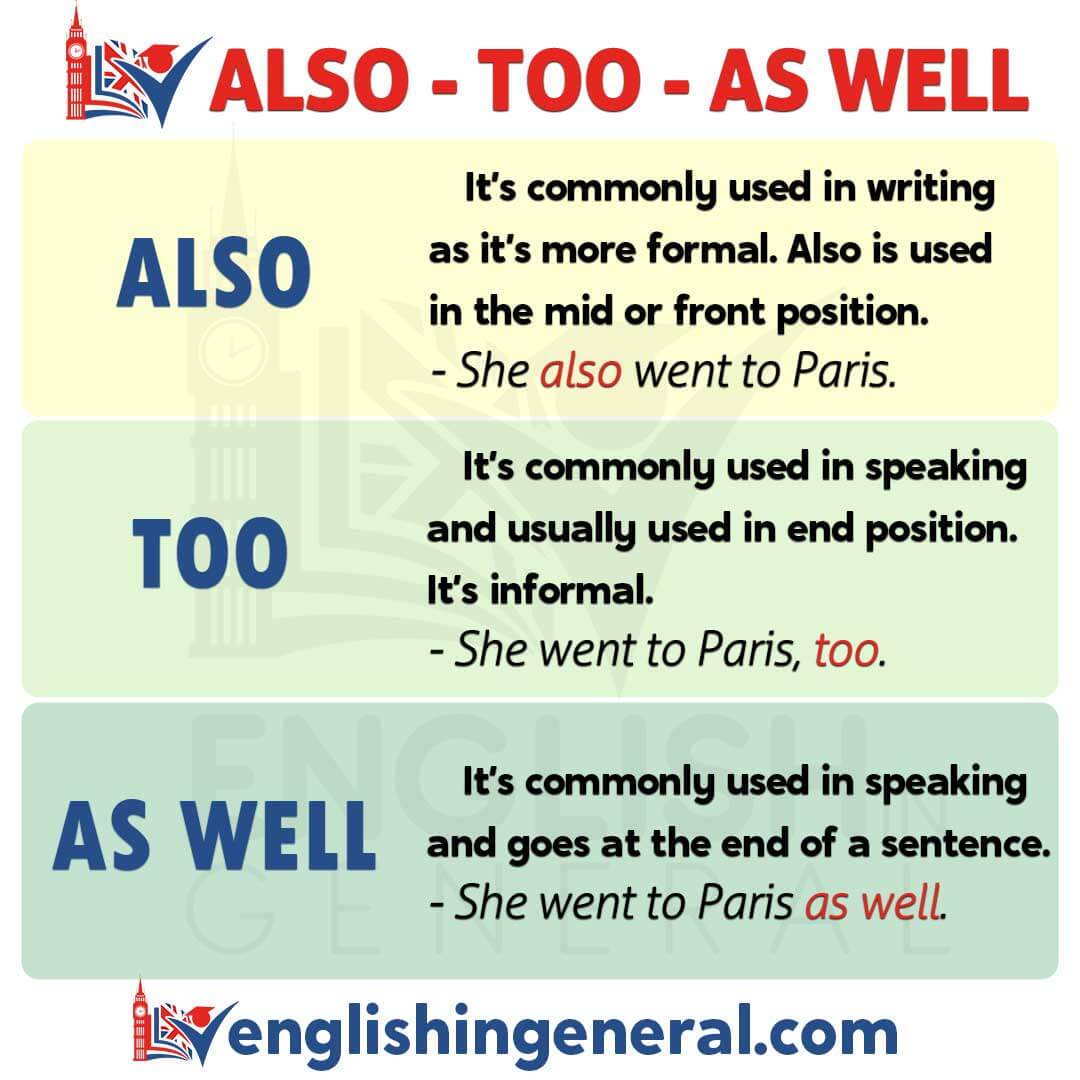



How To Use Also Too And As Well In The Right Form English In General
End of a Sentence is a reminder of how pleasurable it is to see genuinely pitchperfect acting, the kind that quietly brings characters' inner lives to the fore As well 'As well' is very similar to 'too' in terms of meaning and position in a sentence It is used much more common in speaking than in writing, and is more common in speaking than 'also' 'As well' is used at the end of the sentence I'll have steak please And I'll have vegetables as well My mother can't drive a carNo, a comma would be wrong I think you mean this Because Lincoln and Truth can be compared as people, their speeches can be compared as well AlpheccaStars




Orange Crate Art Ending A Sentence With It



Is It Grammatically Correct To End A Sentence With Also Quora
Ellipses for omitted material spanning two or more sentences When a quotation is presented as a single sentence made up of material from two or more original sentences, ellipses should be used for all omitted segments Example Thoreau believes that "if one advances confidently in the direction of his dreams, and endeavors to live the lifeOh well, I'm off to try to find summat to eat and go to bed Oh well, entering the Masters Games was only a vague idea anyway Oh well, time to bury the hatchet and let bygones be bygones Oh well, c'est la vie, I guess, but you don't know the half of it Oh well, no harm done, he's a happy loving guy when he's had a few I guess the store closes at five on ThursdaysSpoken English As well is much more common in speaking than in writing, and is more common in speaking than also As well almost always comes in end position In a restaurant Customer (A)
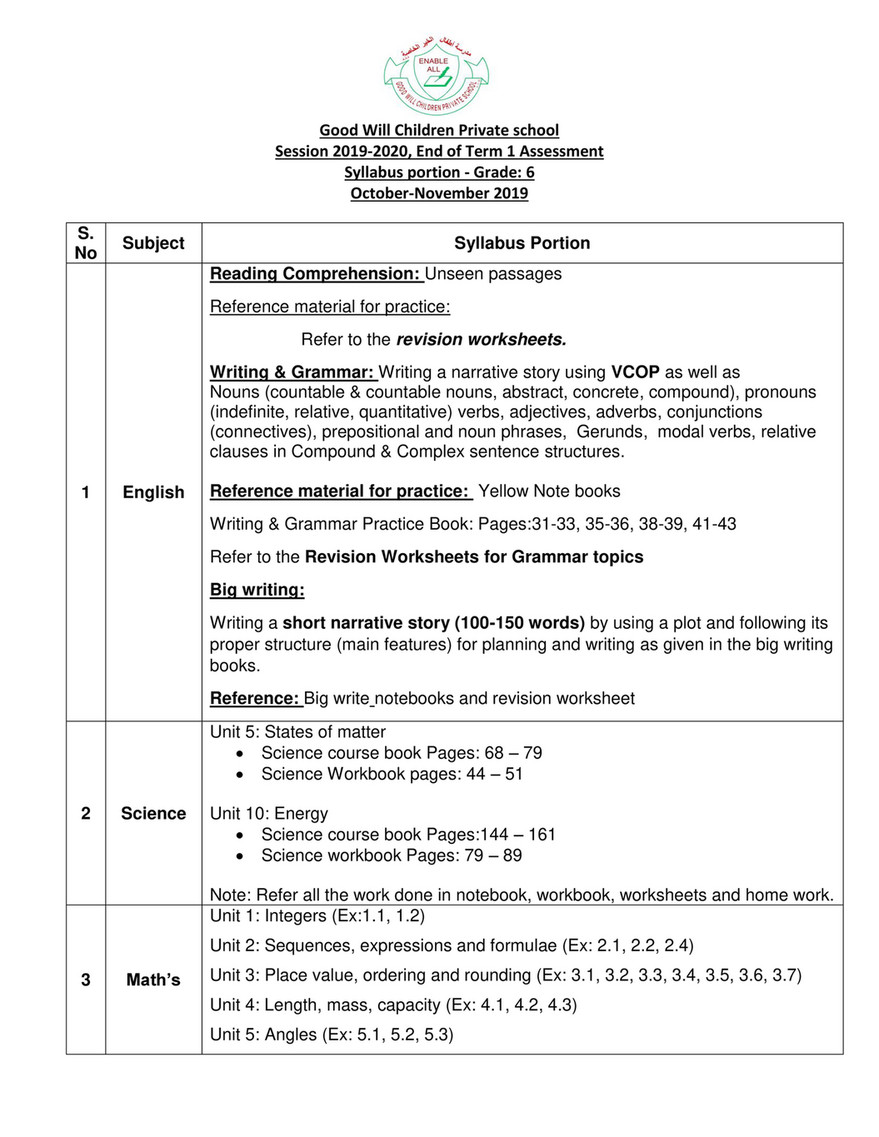



Good Will Children School Portion Paper Grade 6 End Of Term 1 Page 1 Created With Publitas Com



1
Structure of the paper as well It gives the essay a sense of unity and helps keep the writer focused while writing Generally located at the end of the introduction, the thesis is usually only one or two sentences (although in a longer paper the thesis may be stated in several sentences) WHAT IS A THESIS STATEMENT GOOD FOR?Using a comma turns the thing you're talking about with as well as into an aside–information that's less important than the rest of the sentence That's where the judgment call comes in You have to decide whether the things you're connecting with as well as are equally important or not I believe that the same thinking should apply to ending sentences with "as well" You should not end a sentence with "as well" if there is a more elegant option available If there is not a more elegant option, then go ahead and use it at the end of the sentence P



1




Kobo Elipsa Est Une Liseuse Electronique De 10 3 Pouces Sur Laq
A good plate of spaghetti should not be so hard to come by Both 'put up with' and 'hard to come by' are commonly accepted informal phrases, and it's OK to end sentences with them Note, however, that you should avoid these phrases in formal writing Your writing, at its best Writing, grammar, and communication tips for your inboxEnding a Sentence with a Preposition A preposition typically sits before a noun to show the noun's relationship with another nearby word The word "preposition" means "sited before" So, as prepositions are designed to sit before nouns, there is some logic to the ruling that a preposition can't be at the end of a sentenceA fourdot ellipsis is actually an ellipsis with a period at the end of it It's important to remember that you still should punctuate properly even if you're using an ellipsis When using ellipses in conjunction with other punctuation, whether they be commas, semicolons, question marks, or exclamation points, treat the ellipsis as though




Speaking English Linking Words Linking Words Help You To Connect Ideas And Sentences So That People Can Follow Your Ideas Ppt Download



1
Here is the sentence Someone will be calling you to discuss your recent Stack Exchange Network Stack Exchange network consists of 178 Q&A communities including Stack Overflow, as well" at the end of a sentence Ask Question Asked 3 years, 4 months ago Active 3 years, 4 months ago Viewed 13k times It is not necessary to use a comma to separate 'as well as' from the rest of the sentence unless it is used as a nonrestrictive clause A nonrestrictive clause modifies aFinally, at last, lastly or in the end?
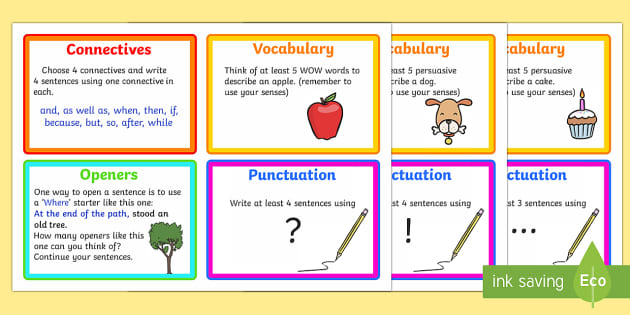



Vocabulary Connectives Openers And Punctuation Challenge Cards Vcop
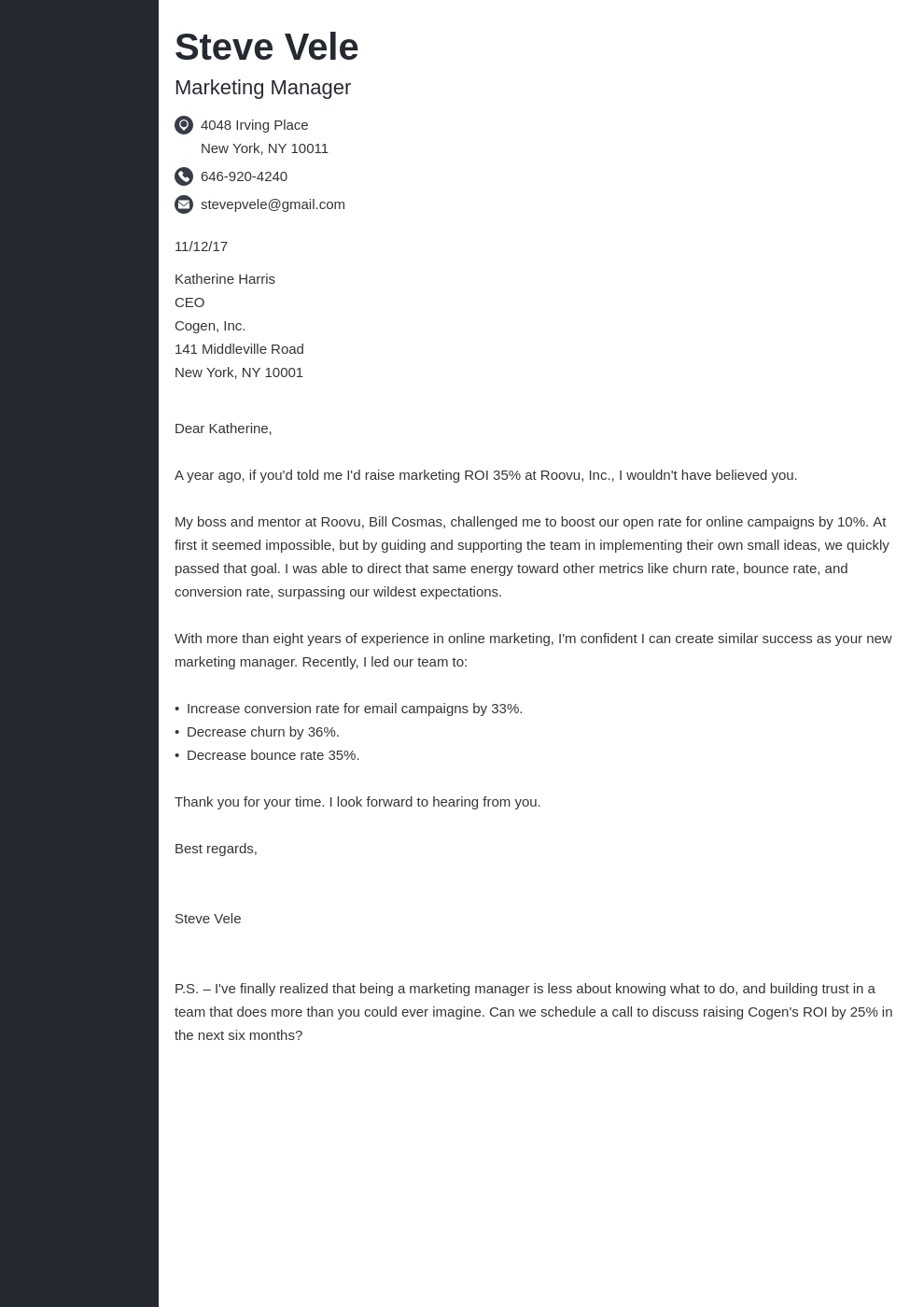



How To End A Cover Letter Closing Paragraph Examples
Knowing when to use good vs well is essential to writing well Understand the difference between good and well and gain a better grasp on English grammarRule 1 Use a question mark only after a direct question Correct Will you go with me?– jacoballens May 30 '19 at 626 1 @jacoballens The ngrams give only an idea (there sentences such as "Ils n'ont pas fait autre chose que ça" and one can't tell;
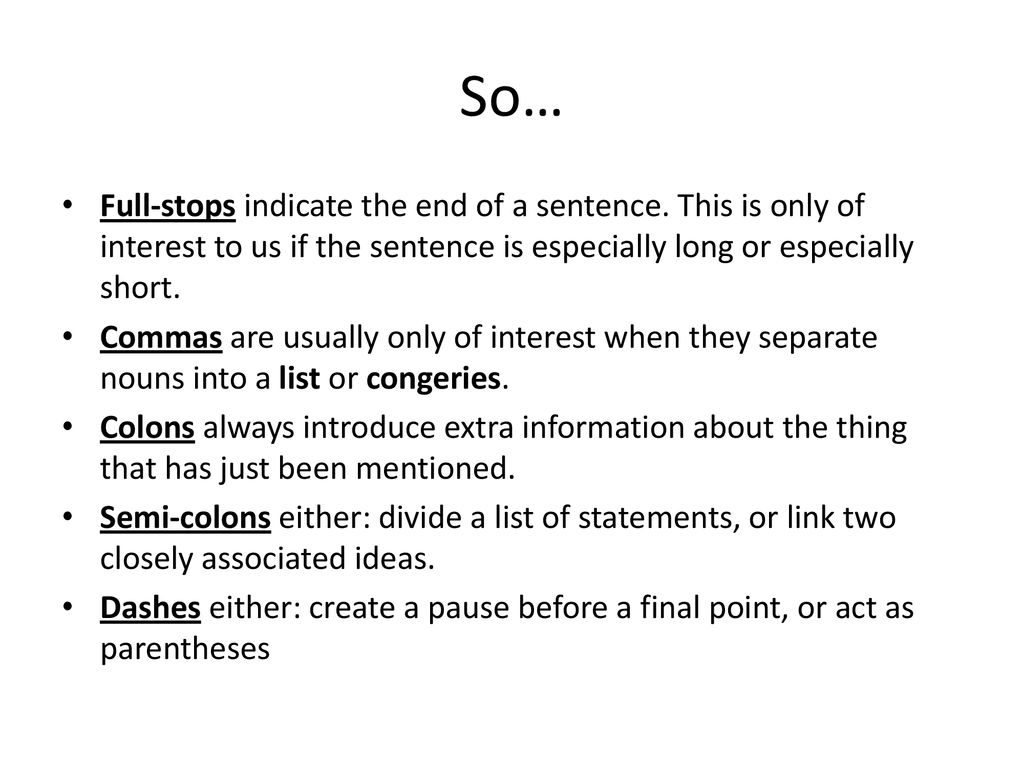



Sentence Structure Questions Ppt Download




Watch End Of Sentence Prime Video
They enjoy New York and Boston, as well as Los Angeles When you use "as well as" in a list, it's usually part of a nonessential prepositional phrase that requires the use of a comma In this case, you only need one comma, since the phrase comes at the end of a sentence Additional ResourcesAlthough "too" is usually placed at the end of a clause, it can sometimes be used with commas after the subject of the sentence This is usually only done in formal speech ExamplesUse a comma when "then" is at the end of a sentence (conditional) The final time you should put a comma before "then" is when the word has come at the end of a sentence, and you're talking about a conditional I know that sounds a bit odd, but let me put it this way




Wizard Franco Da Rocha Photos Facebook




End Of Sentence Review A Gentle Moving Father Son Journey Variety
Prison Channel dedicated to giving a voice to those who can't be heard Exposing the reality of prison, and enjoying life after EOS When the "as well as" phrase is between the subject and verb, it is called an "intervening element" and always takes commas around it Third, the words "as well as" can be a conjunction, when it means "in addition" or "and," though it is not punctuated the same way as "and" because it is not a coordinate conjunction Anonymous Do I need a comma before "as well" if it ends a sentence?




Kobo Elipsa Buy Spg Pack Com



2
Using indeed at the end of a sentence The word very is commonly used before an adjective or adverb She is very beautiful Thank you very much We can strengthen the meaning of very by using indeed after the adjective or adverb modified by very She is very beautiful indeed I have heard "right?" at the end of sentences used frequently Also "umm, like", and " ya know" interspersed in many informal AND formal conversations It is irritating As far as voice sounds, I do hear vocal fry on occasion and I notice men do it as well as women but women are more often chastised for itRule 2a A question mark replaces a period at the end of a sentence Incorrect Will you go with me?




How To Ask Yes No Questions In Mandarin Chinese Skritter Blog




Good Sentence Appreciation Summer Will End Soon Enough And Childhood As Well
Incorrect I'm asking if you will go with me? "Well, all I was trying to say is we still have some left, is all" i never knew about this "que ça" at the end of a sentence how common is that? Placement of transition sentences The beginning of a new paragraph is generally the right place for a transition sentence Each paragraph should focus on one topic, so avoid spending time at the end of a paragraph explaining the theme of the next one Incorrect Transition at the end of a paragraph The consensus view is clear from these




Chapter 2 Writing Basics What Makes A Good Sentence Business Writing



1



The Practical Value Of Formal Graphophonemic Rules Insights From Lexical Frequency And Linguistic Competence Anglais




Watch Your Misplaced Modifiers Importance Of Positioning In English Sentences Technical Communication Center Technical Communication Center
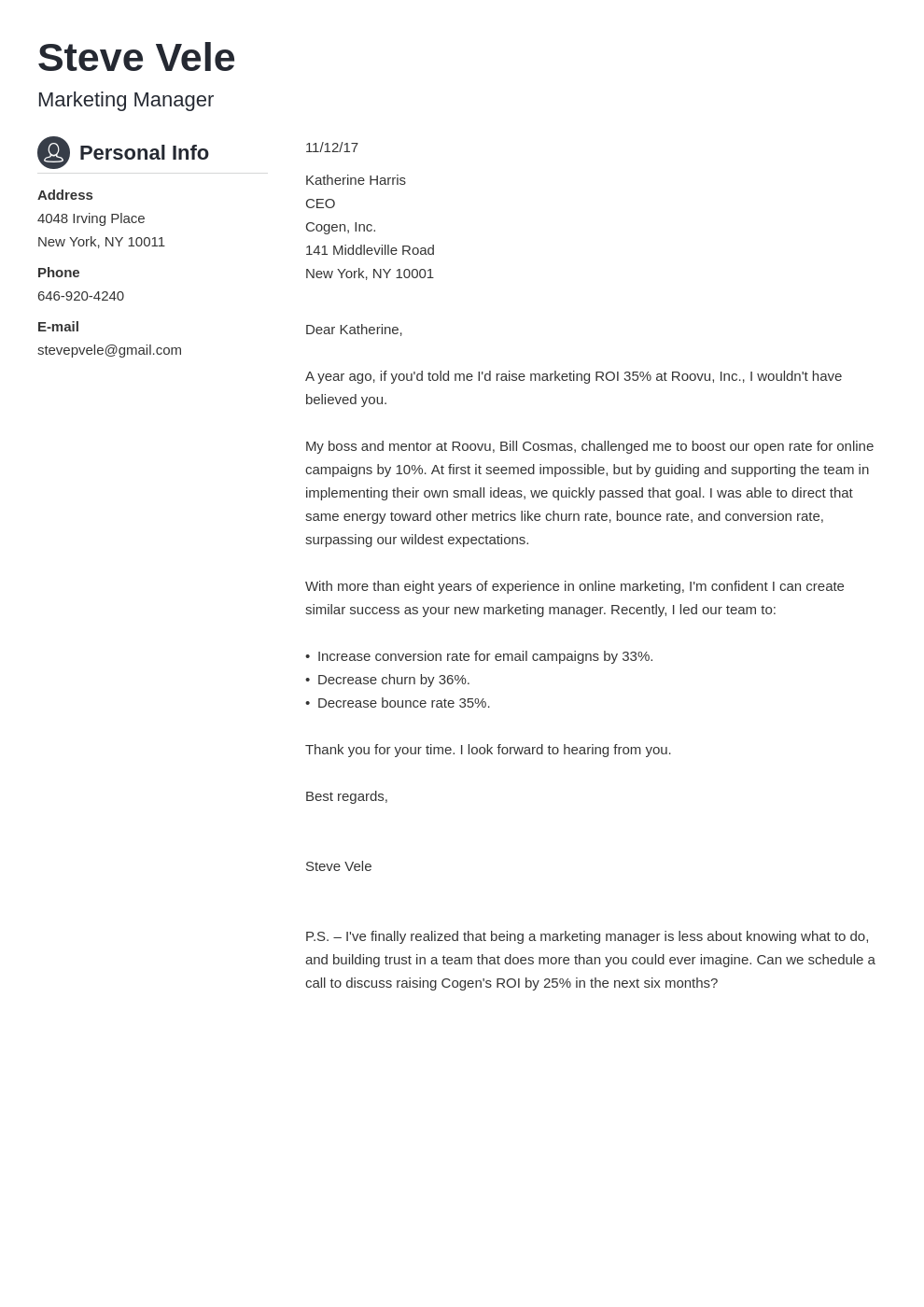



How To End A Cover Letter Closing Paragraph Examples




22 Business Letter Closing Examples Indeed Com




As Well In A Sentence Ending Hmrca
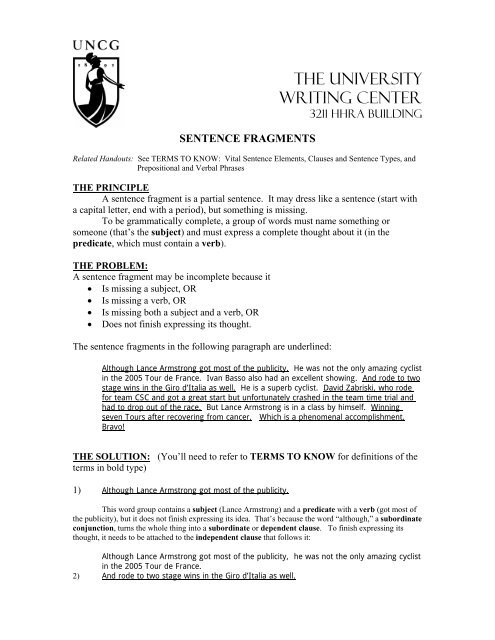



Sentence Fragments Pdf




Kobo Elipsa La Liseuse Grand Format Sur Laquelle Vous Pouvez Ecrire Conseils D Experts Fnac




Ending A Sentence With As Well




Chapter 2 Writing Basics What Makes A Good Sentence Business Writing




4 Ways To Use Yet In A Sentence Wikihow
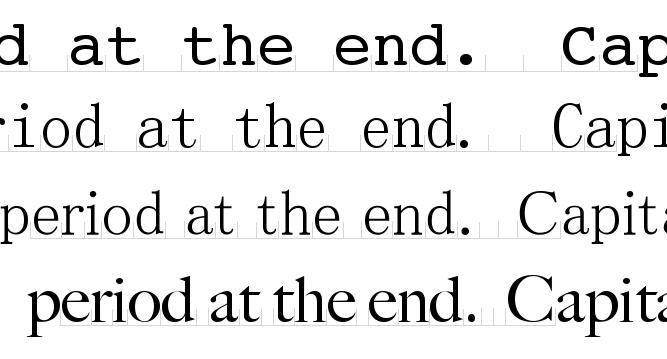



Quotes That End A Sentence Quotesgram



Geosci Model Dev Discuss Net




As Well As Meaning Comma Usage Example Sentences Video Lesson Transcript Study Com
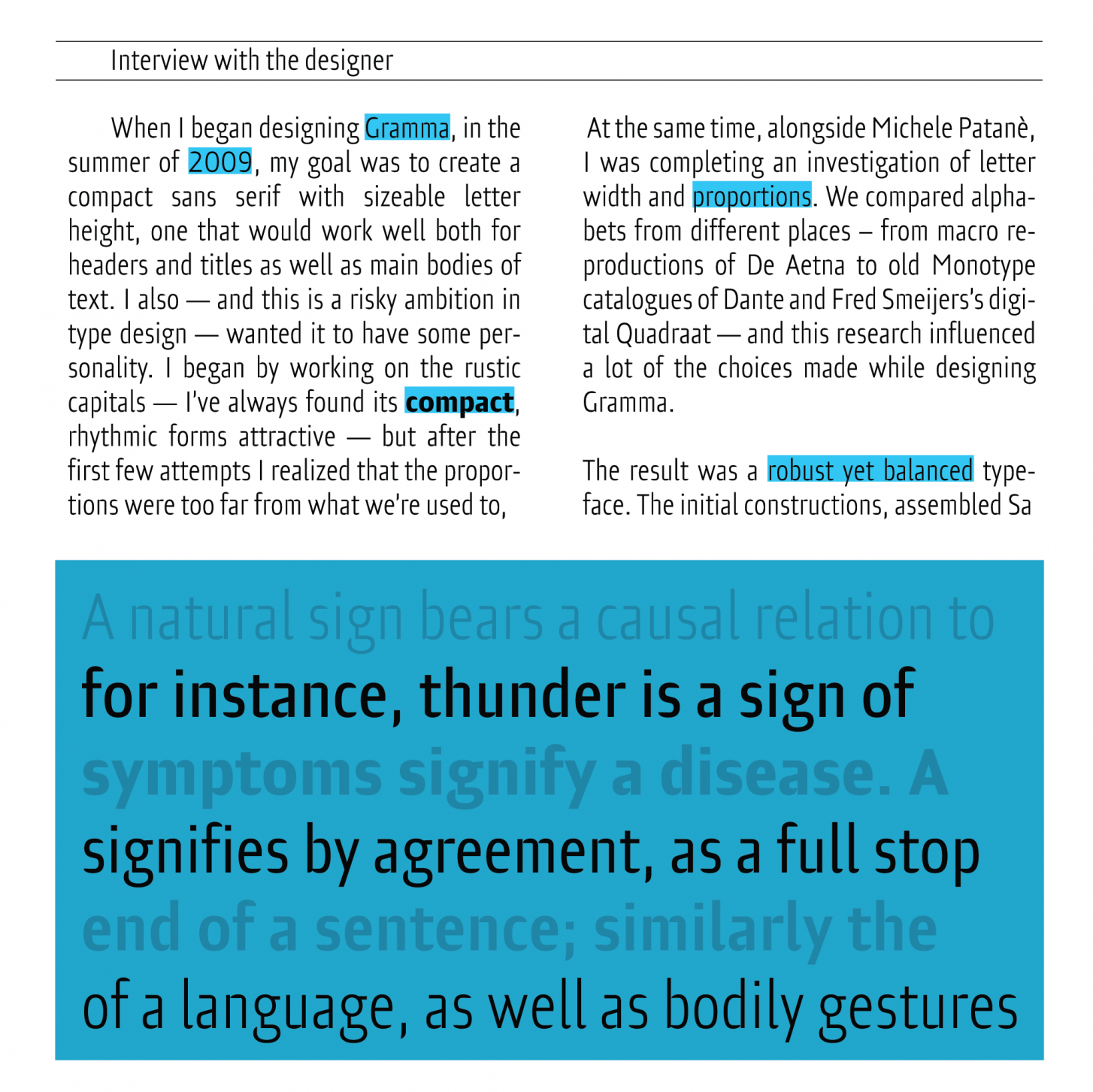



Cast Re Making History Fontstand




How To Write Essay Conclusion Flip Book Pages 1 2 Pubhtml5



2



Wto Org




Grammar Check Online As Well Too Also Infographic Learn English Vocabulary Grammar Check Learn English




Getting The Last Line 10 Kinds Of Closing Sentences Thoughts On Fantasy




As Well As Comma Grammarly Blog




How To End A Letter Appropriate And Inappropriate Closings Turbofuture
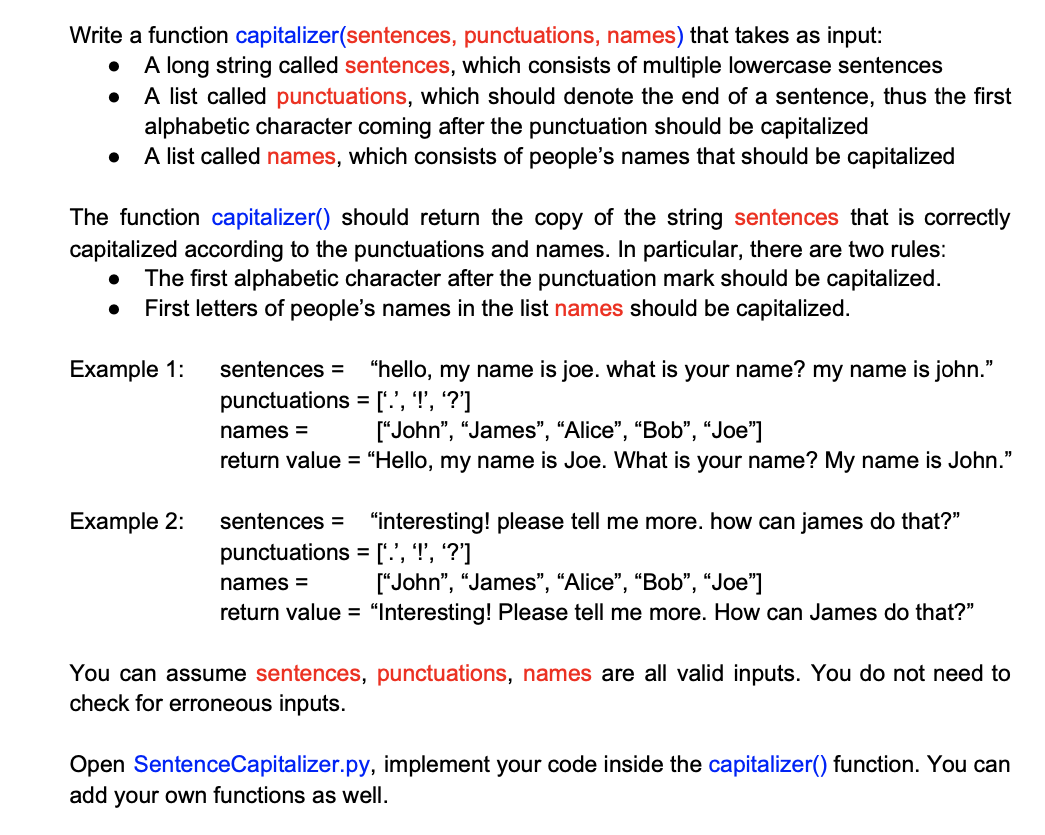



Solved Write A Function Capitalizer Sentences Chegg Com



Bmwgroup Com
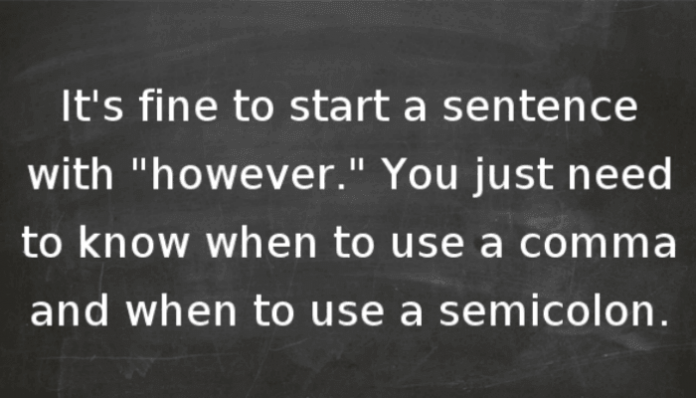



Can You Start A Sentence With However Grammar Girl
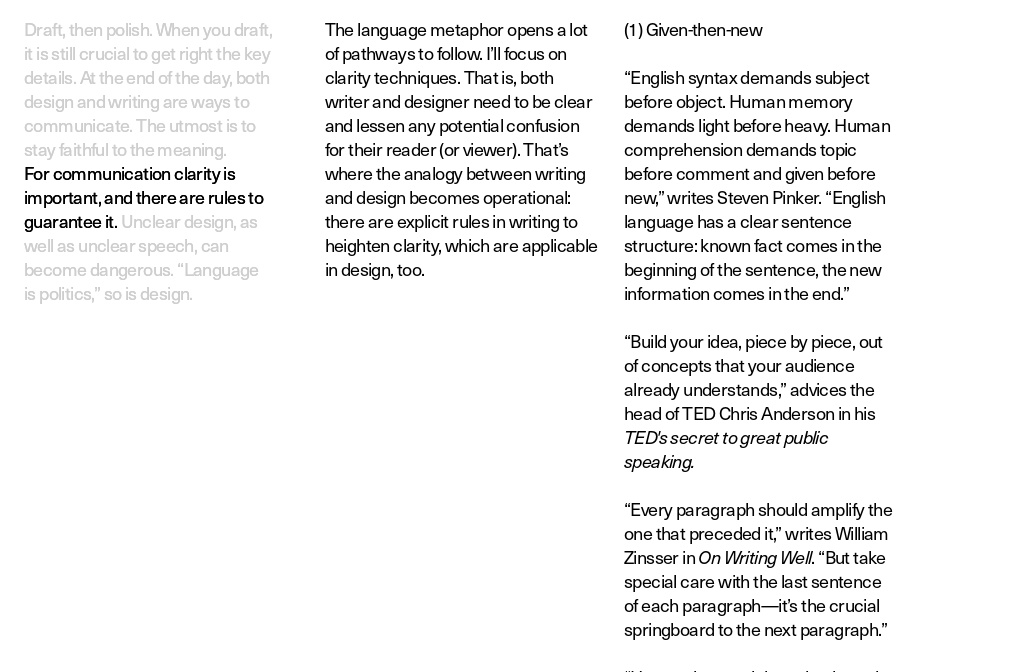



Designer As Writer Page 8



Well You Can T End A Sentence With A Proposition Puns




The 23 Most Unforgettable Last Sentences In Fiction Washington Post




How To End The Excerpt With A Sentence Rather Than A Word Wordpress Development Stack Exchange
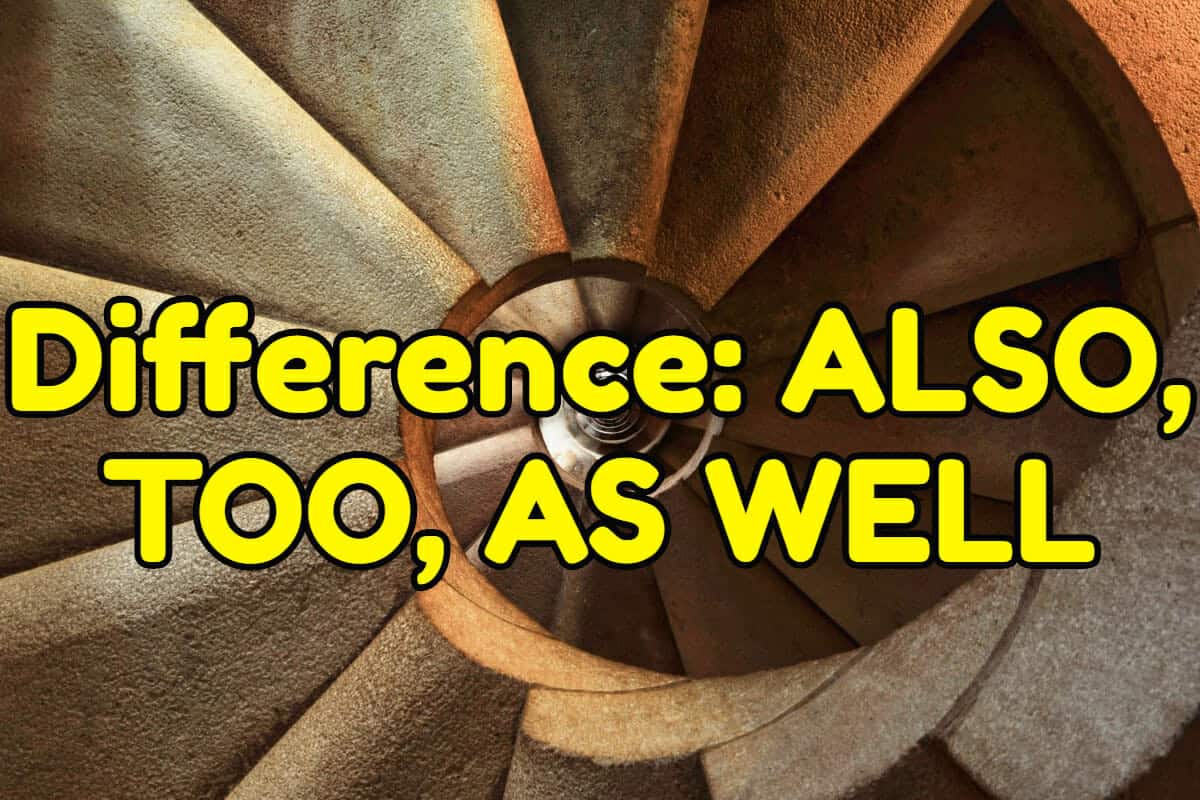



Difference Between Also Too And As Well Espresso English




Sentence Skills Study Guide Reich112ace




End Up In A Sentence Esp Good Sentence Like Quote Proverb




Why Do People Put At The End Of Their Sentences Youtube



Often When I Write All Of My Paragraphs Start With He Or I Or We Etc How Do I Prevent This Quora




End Of Sentence Review




Also As Well Or Too My Lingua Academy




How To Write A Good Conclusion Paragraph Time4writing
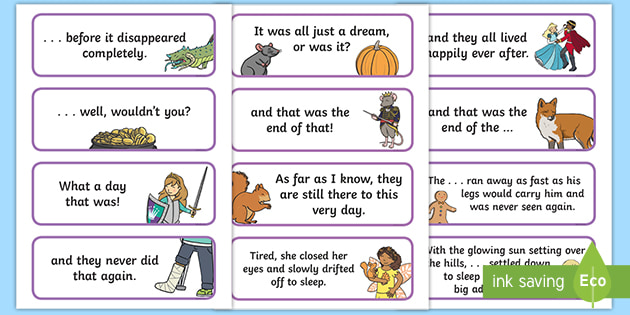



Story Ending Flashcards Talk For Writing Eyfs




No More Periods In Texting Period The New York Times




End Of Sentence Edfilmfest 19 Youtube




Marqueurs De Discours Affiches En Anglais Papier Brillant Mesurant 850 Mm X 594mm A1 Affiches En Salle De Classe De Langue Tableaux Educatifs Par Daydream Education Amazon Fr Fournitures De Bureau



2
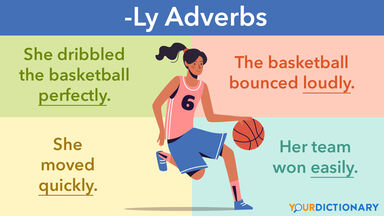



Examples Of Adverbs Ending With Ly
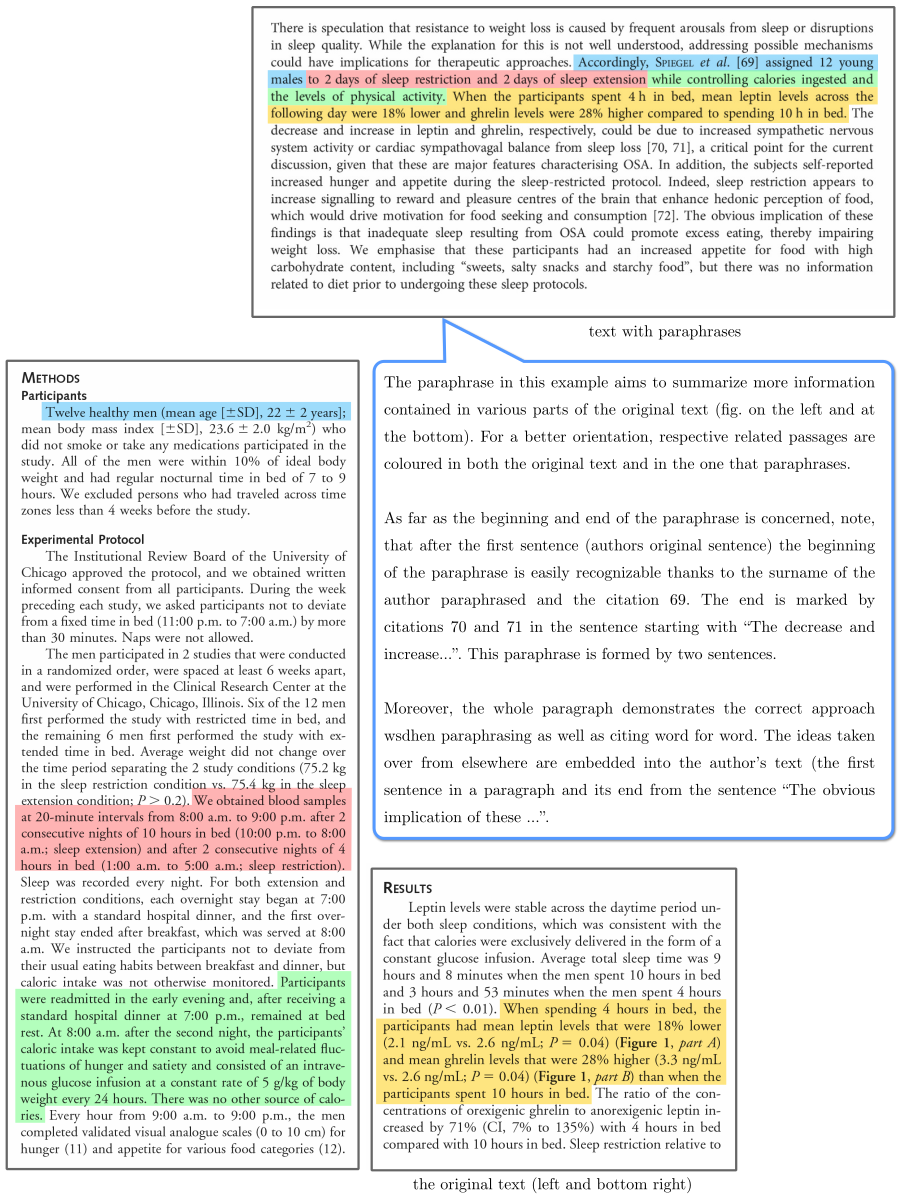



How To Cite Management Of The University Campus At Bohunice
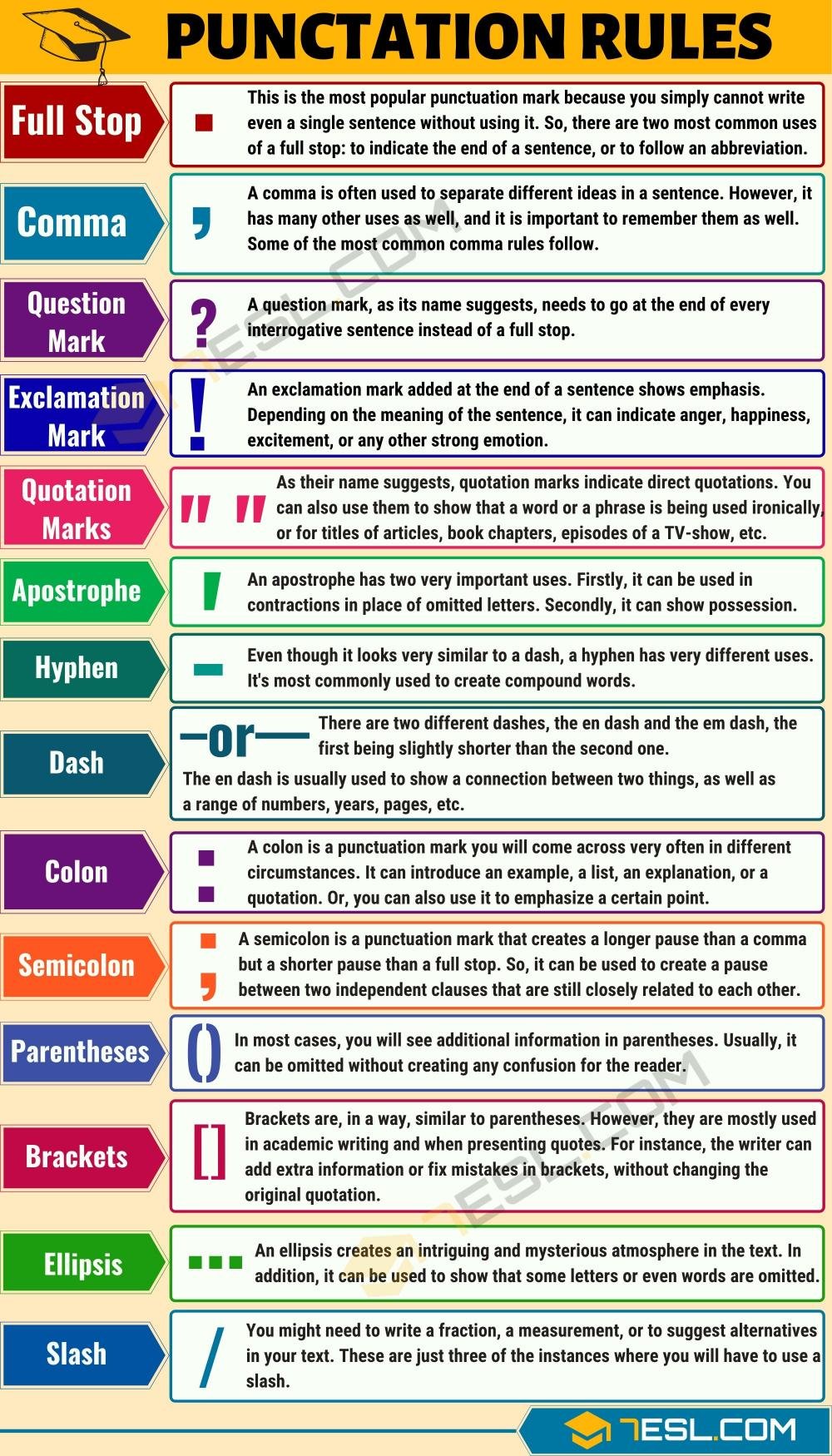



English Punctuation Rules




Spag End Of Sentence And Commas For Clarity Avoidance Of Ambiguity Hamilton Trust




N2khnodbunrmcm



Gmd Copernicus Org




Amazon Fr Analysing Sentences An Introduction To English Syntax Learning About Language Burton Roberts Noel Livres




Also Too And As Well Are Synonyms But Are Used A Bit Differently Vocabulario Em Ingles Aprender Ingles Vocabulario Ingles
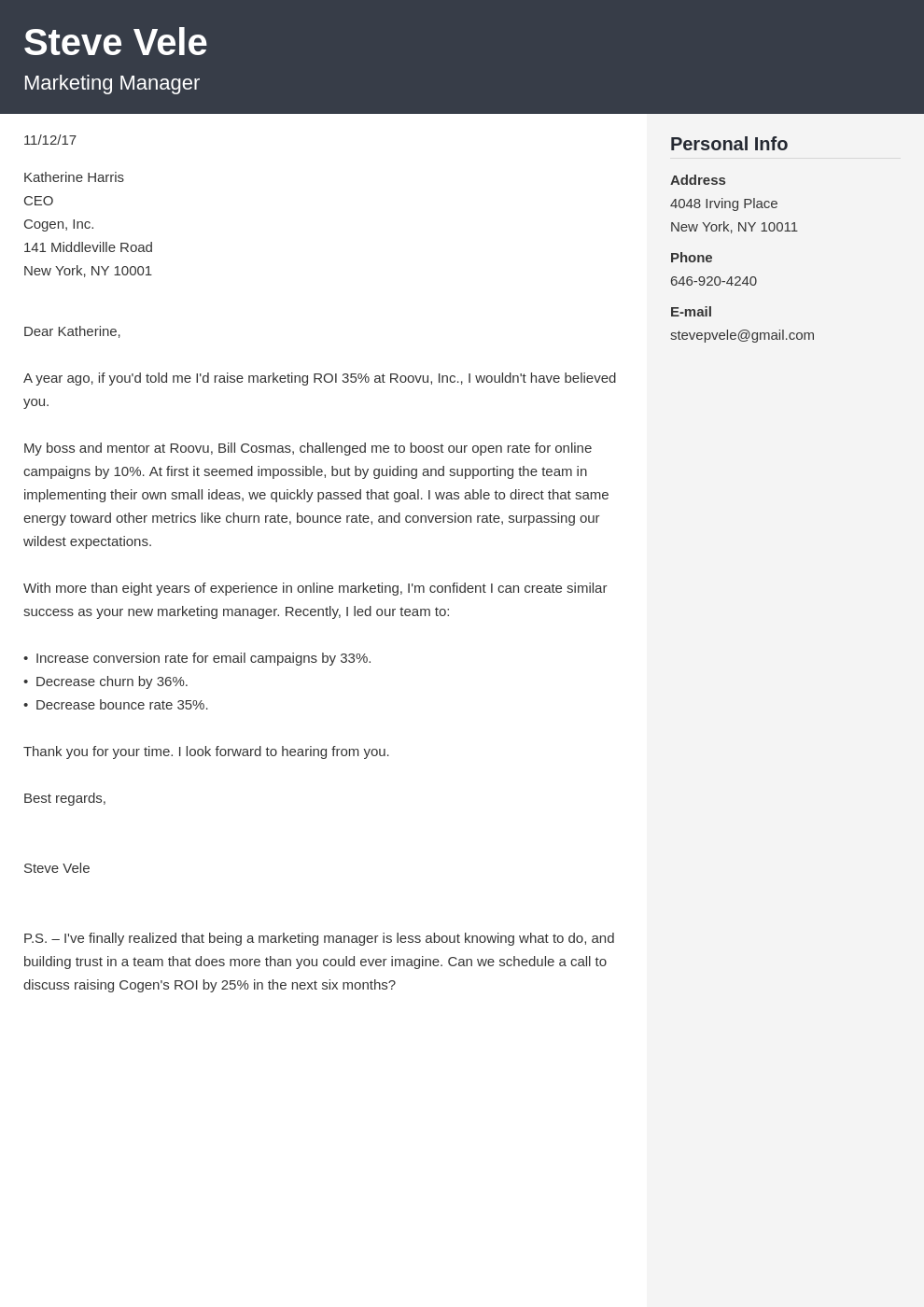



How To End A Cover Letter Closing Paragraph Examples




Not Only But Also Important Rules And Example Sentences 7esl English Vocabulary Words How To Speak French How To Speak Spanish




4 Ways To Use Yet In A Sentence Wikihow




It Was Pleasure Meeting You Detailed Explanation
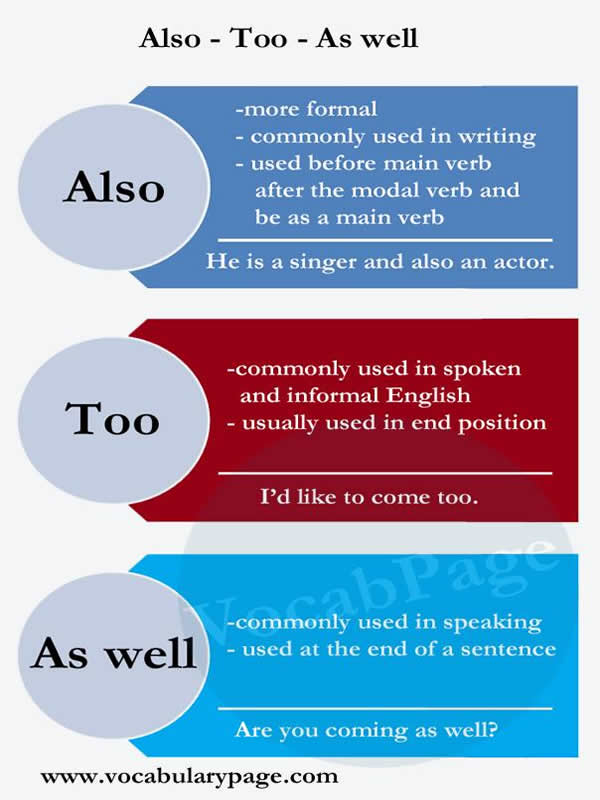



Using Also Too And As Well Vocabulary Home




Chapter 2 Writing Basics What Makes A Good Sentence Business Writing
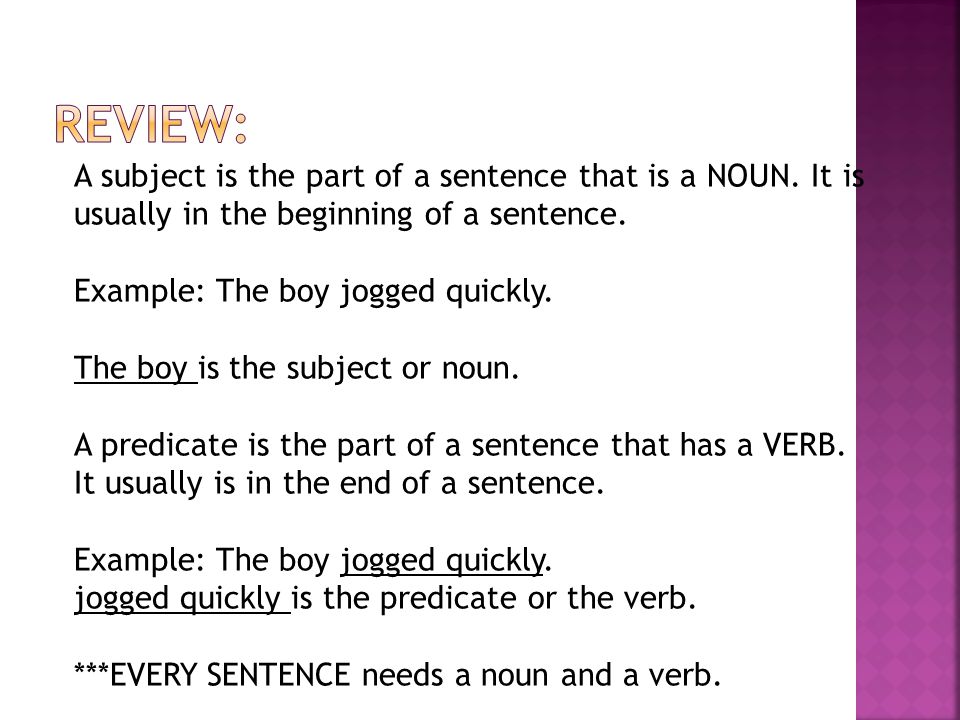



Review All Sentences Need Capital Letter End Mark Make Sense Ppt Download




Period End Of Sentence Multimedia Journalism Cohort 7




How To End An Essay With Sample Conclusions Wikihow




Developing A Jazz Vocabulary By Joe Riposo Joe Riposo Amazon Fr Livres
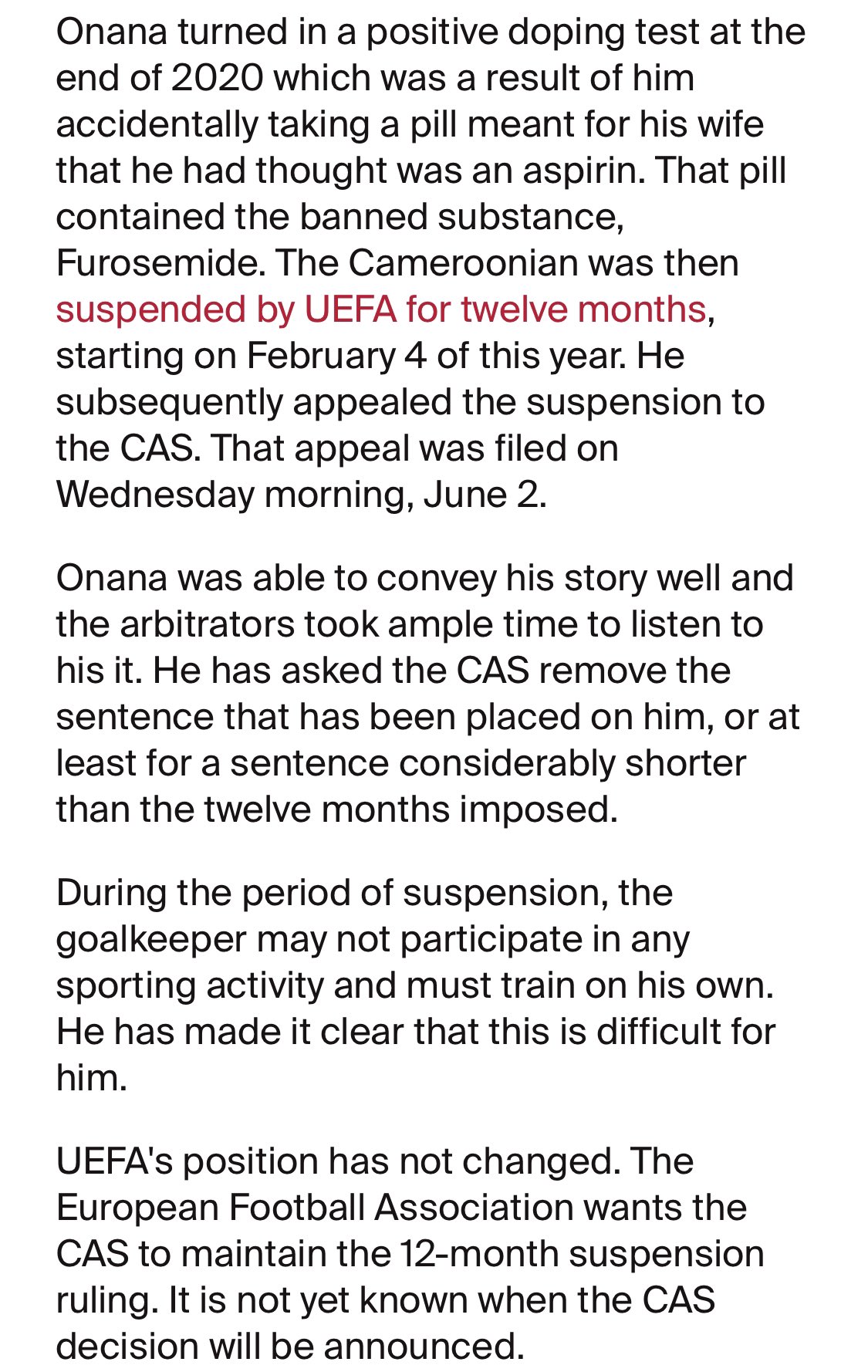



Fabrizio Romano Official Statement From Ajax To Explicate Andre Onana S Suspension Situation Arsenal Are Interested In Signing Him On A Permanent Deal Talks Ongoing Since January But Cas Final




Some Sentence Starters To End Your Week Proof Communications




Can You End A Sentence With A Preposition




Pdf Great Expectations Specific Lexical Anticipation Influences The Processing Of Spoken Language




Issuu Brand Book By Issuu Official Issuu



Os Copernicus Org




Elipsa De Kobo Les Ventes De Non Fiction Motivaient Un Outil D Annotation
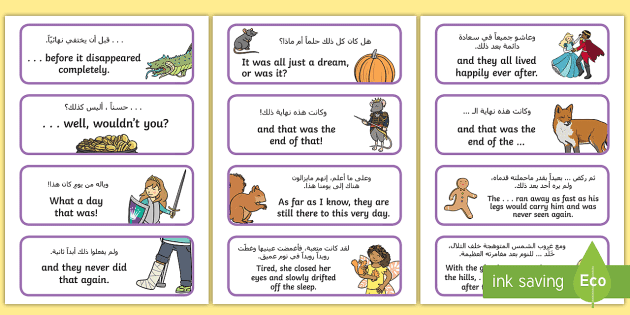



Story Ending Sentence Flashcards Flashcards Arabic English




Signal Words 5 Fun Ways To Explain These Sentence Superheroes Lexia Learning
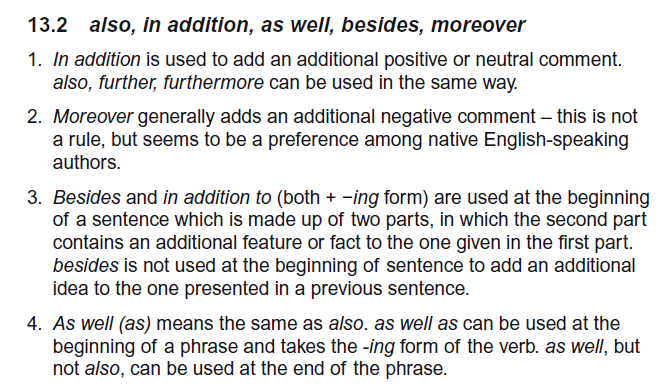



Hajo Reijers Besides On Its Own Is Not Used At The Beginning Of A Sentence To Add An Additional Idea To The One Presented In A Previous Sentence A Wallwork




Comma Basics Lesson 2 Commas With Interrupting And Ending Elements Works Cited Larson Randy Comma Short Course Commas Teaching Students To Use Commas Ppt Download




Jonas Tyroller Will You Snail I Will Play Your Indie Games Again A Lot Of You Seem To Miss These Announcements On Discord And Youtube So Let S Post It




Chapter 2 Tokenisation And Sentence Segmentation 2 Tokenisation And Sentence English To Mark An Abbreviation As Well As To Mark The End Of A Sentence Palmer Tokenisation Pdf Document




13 Sentences That Never End Well Huffpost Entertainment
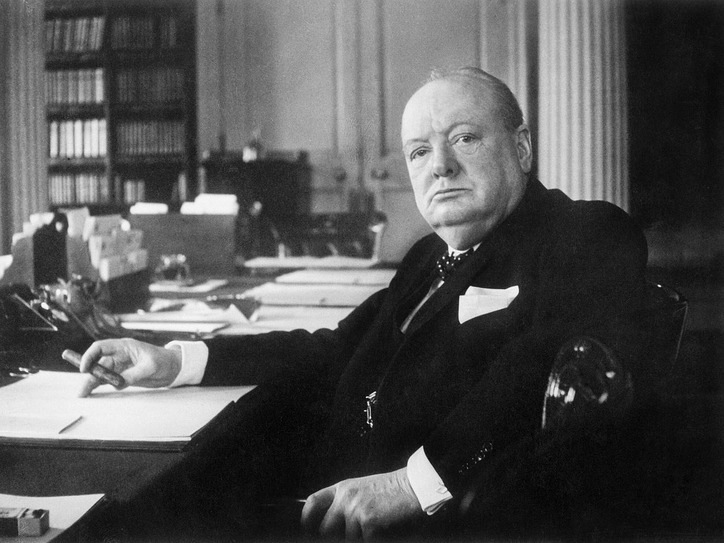



Ending Sentences With Prepositions Is It Allowed Merriam Webster




Wall Street English Qatif Branch Also Too And As Well Are They The Same Not Really Facebook




Connectors Conjunctions Addition Alternative Causeeffect Comparison Condition Contrast
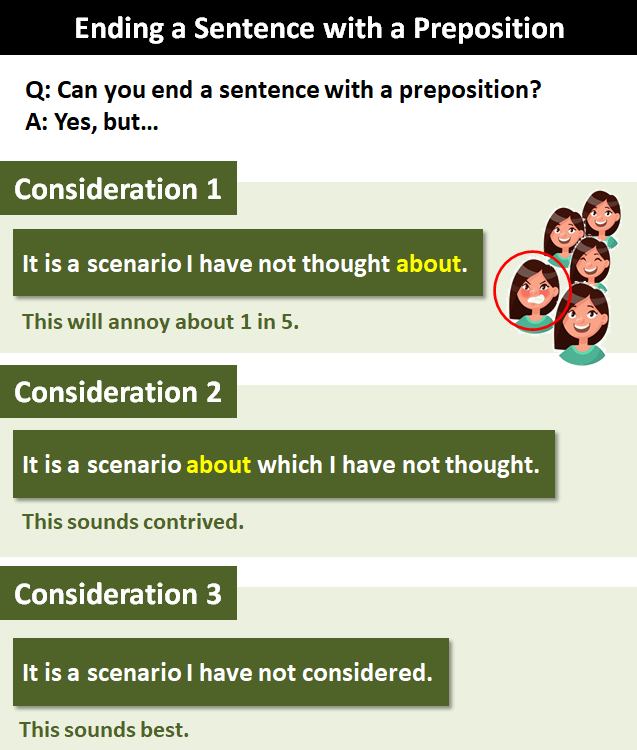



You Can End A Sentence In A Preposition But Beware




Nlp Sandipanweb


